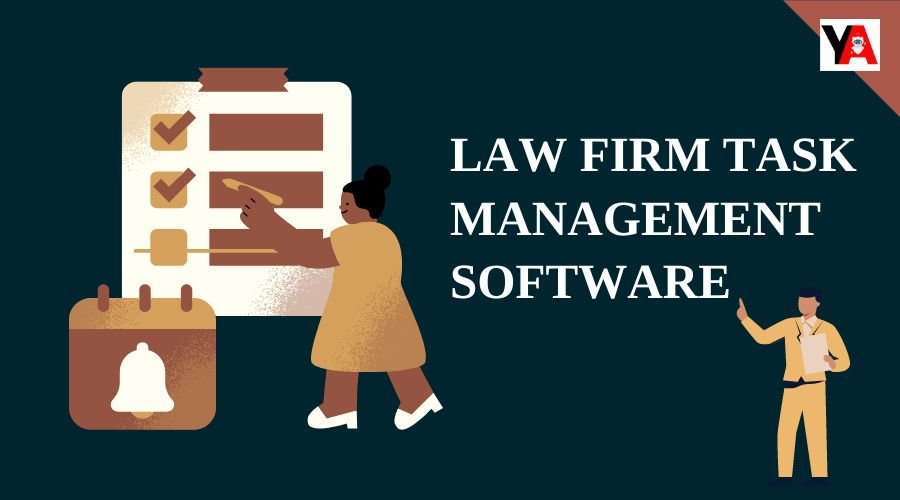Personal finance is the cornerstone of a secure and fulfilling life. It involves managing your money, budgeting wisely, and making informed financial decisions. By understanding and implementing sound personal finance tips, individuals can achieve financial stability and work towards their long-term goals.
As we step into 2024, the economic landscape is continually evolving. It is crucial to stay abreast of the latest trends and adopt effective financial strategies. This article explores the top 10 personal finance tips, specifically tailored to the challenges and opportunities of 2024, with a focus on budgeting and saving to empower readers to navigate the financial terrain successfully.
Table of Contents
Toggle10 Personal Finance Tips
1. Setting Financial Goals for 2024
Setting clear and achievable financial goals is paramount to success. It provides a roadmap for managing finances and ensures that efforts are directed toward meaningful objectives.
Learn how to identify and prioritize financial goals based on short-term and long-term aspirations. Consider factors such as debt repayment, savings targets, and investments to create a personalized and effective financial plan.
2. Creating a Comprehensive Budget for 2024
Budgeting is the foundation of personal finance. Understand its significance in achieving financial stability, controlling spending, and making informed financial decisions. Following is step-by-step guide to creating an effective budget plan for the year
- Evaluate Income and Expenses: Gain insights into creating a realistic budget by understanding your income streams and fixed and variable expenses.
- Track Spending Habits: Implement strategies to monitor and control daily expenditures.
- Allocate Funds for Savings and Investments: Learn how to prioritize saving and investing within your budget.
3. Minimizing Debt and Managing Credit
Explore effective strategies for reducing and eliminating high-interest debts to pave the way for financial freedom.
- Prioritizing High-Interest Debts: Identify and address debts with the highest interest rates.
- Consolidating Debts: Consider debt consolidation as a viable option for managing multiple obligations.
- Credit Card Usage: Understand the importance of responsible credit card usage in building and maintaining a favorable credit score.
4. Building an Emergency Fund
Discover the significance of an emergency fund as a financial safety net, providing peace of mind during unexpected circumstances. The below are practical steps to establish and grow an emergency fund.
- Determine the Ideal Fund Size: Understand how to calculate and set aside an emergency fund based on individual needs.
- Identify Suitable Investment Options for Emergency Savings: Explore low-risk investment options to maximize the potential growth of emergency funds.
5. Maximizing Savings and Investments
Explore traditional and contemporary investment options, such as savings accounts, mutual funds, stocks and bonds, and real estate.
Understand how to tailor your investment strategy to align with personal financial goals and risk tolerance levels.
6. Automating Finances for Efficiency
Discover the advantages of automating financial transactions, including bill payments, savings contributions, and investment allocations.
Explore user-friendly tools and technologies designed to simplify financial management and improve overall efficiency.
7. Prioritizing Insurance Coverage
Understand the critical role insurance plays in providing financial security and protecting against unforeseen events. Types of insurance policies to consider in 2024.
- Health Insurance: Explore the importance of health coverage and the available options.
- Life Insurance: Learn about the different types of life insurance and their benefits.
- Property Insurance: Understand the significance of protecting valuable assets through property insurance.
- Disability Insurance: Consider the importance of disability insurance in safeguarding income in the event of unexpected circumstances.
8. Navigating Tax Planning
Stay informed about the latest tax regulations and considerations for the year 2024 to optimize your financial plan.
Learn effective tax planning strategies to minimize liabilities and maximize deductions and credits.
9. Adopting Smart Spending Habits
Explore practical techniques for identifying and eliminating unnecessary expenses from your budget.
Discover how to make informed choices and find cost-effective alternatives for common purchases.
10. Reviewing and Adjusting Financial Plan Regularly
Understand the importance of regular reviews to ensure that your financial plan remains aligned with your goals and adapts to changing circumstances.
Learn how to identify when adjustments to your financial plan are needed and take proactive steps to make necessary changes.
Final Words
As you embark on your financial journey, these personal finance tips are your guiding lights. Set achievable goals, cultivate a safety net with a sturdy emergency fund, and navigate the maze of tax planning. It’s about empowerment—taking charge of your financial destiny. Embrace savvy spending habits, automate transactions for efficiency, and consistently revisit your financial roadmap. These aren’t just personal finance tips; they’re your personal finance allies, paving the path to a future marked by security and prosperity. Don’t just adapt; seize the chance to redefine your financial landscape and flourish in the dynamic economic terrain of 2024.
Frequently Asked Questions
Impress finance by showcasing a deep understanding of market trends, staying updated on financial news, demonstrating strong analytical skills, and highlighting successful financial decisions you’ve made in the past.
Finance intrigues me because it’s the heartbeat of businesses and economies. I’m drawn to the challenge of making strategic financial decisions, managing risks, and contributing to long-term success. It’s a dynamic field that requires constant learning and adaptation.
Finance is the backbone of any organization. It ensures efficient resource allocation, strategic planning, and sustainable growth. It impacts individuals and businesses alike, playing a pivotal role in wealth creation, risk management, and economic development. In essence, finance is the lifeblood that keeps the economic engine running smoothly.
Share









